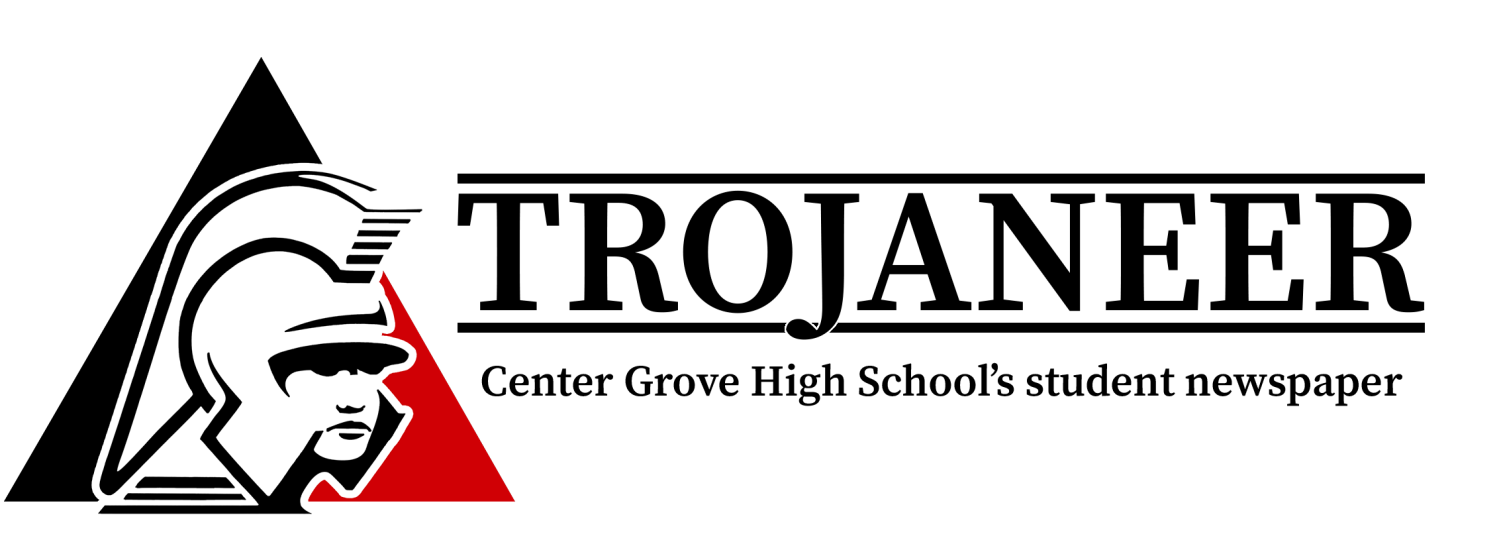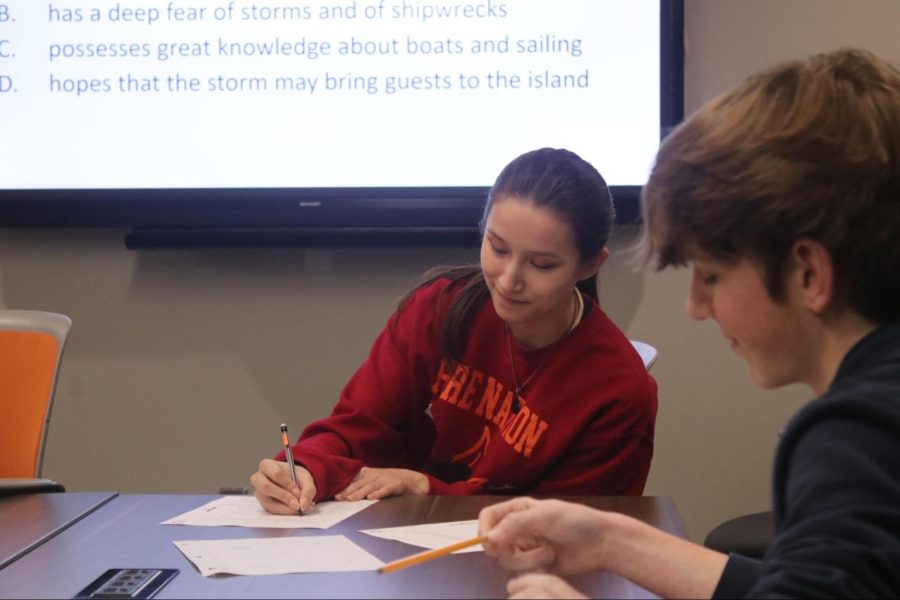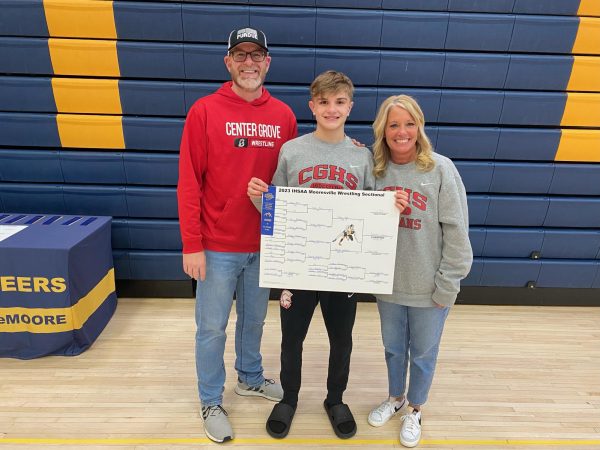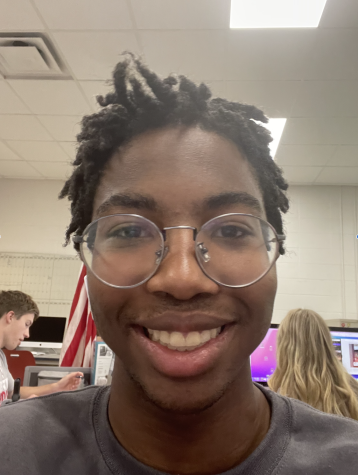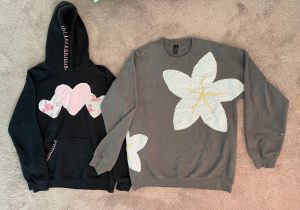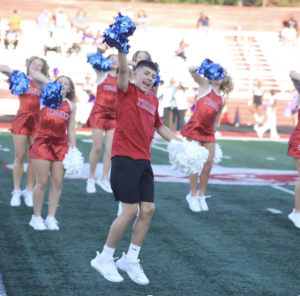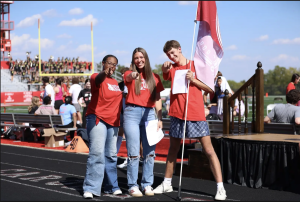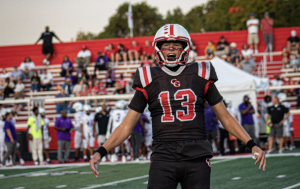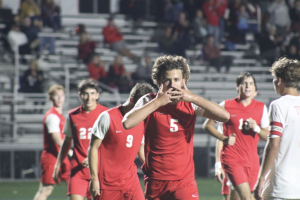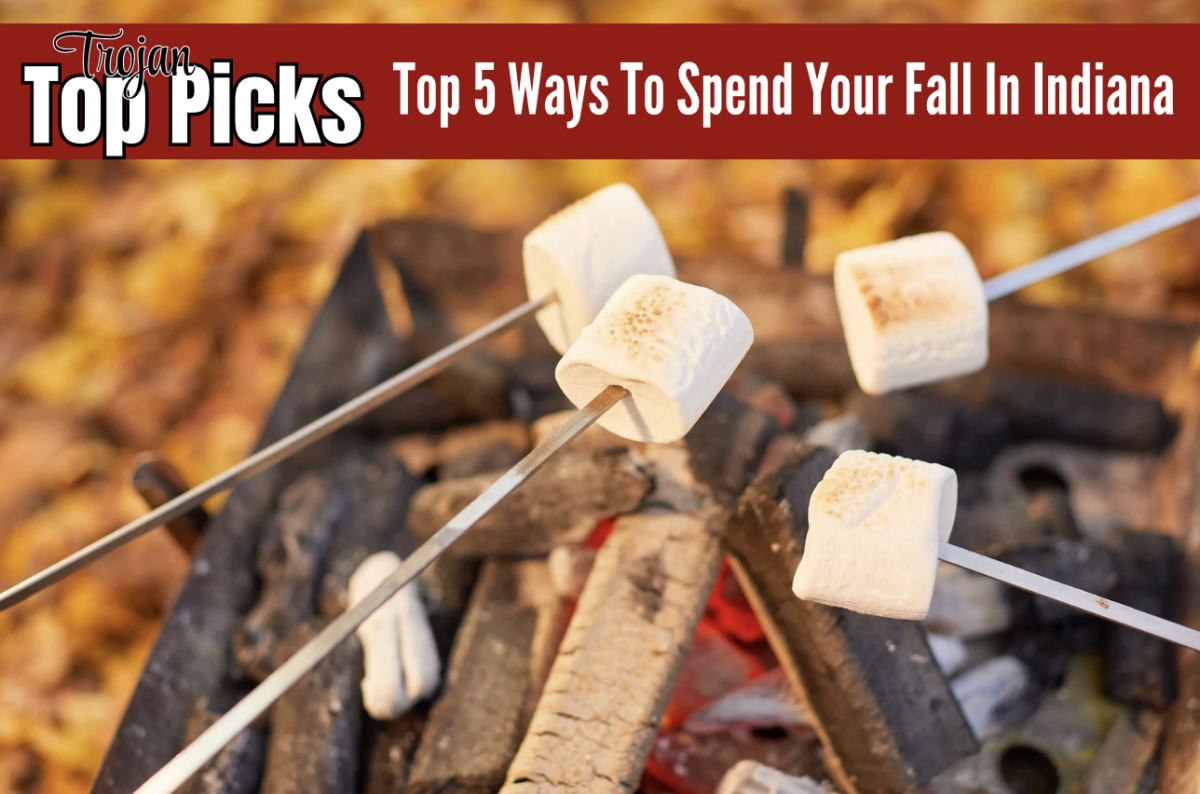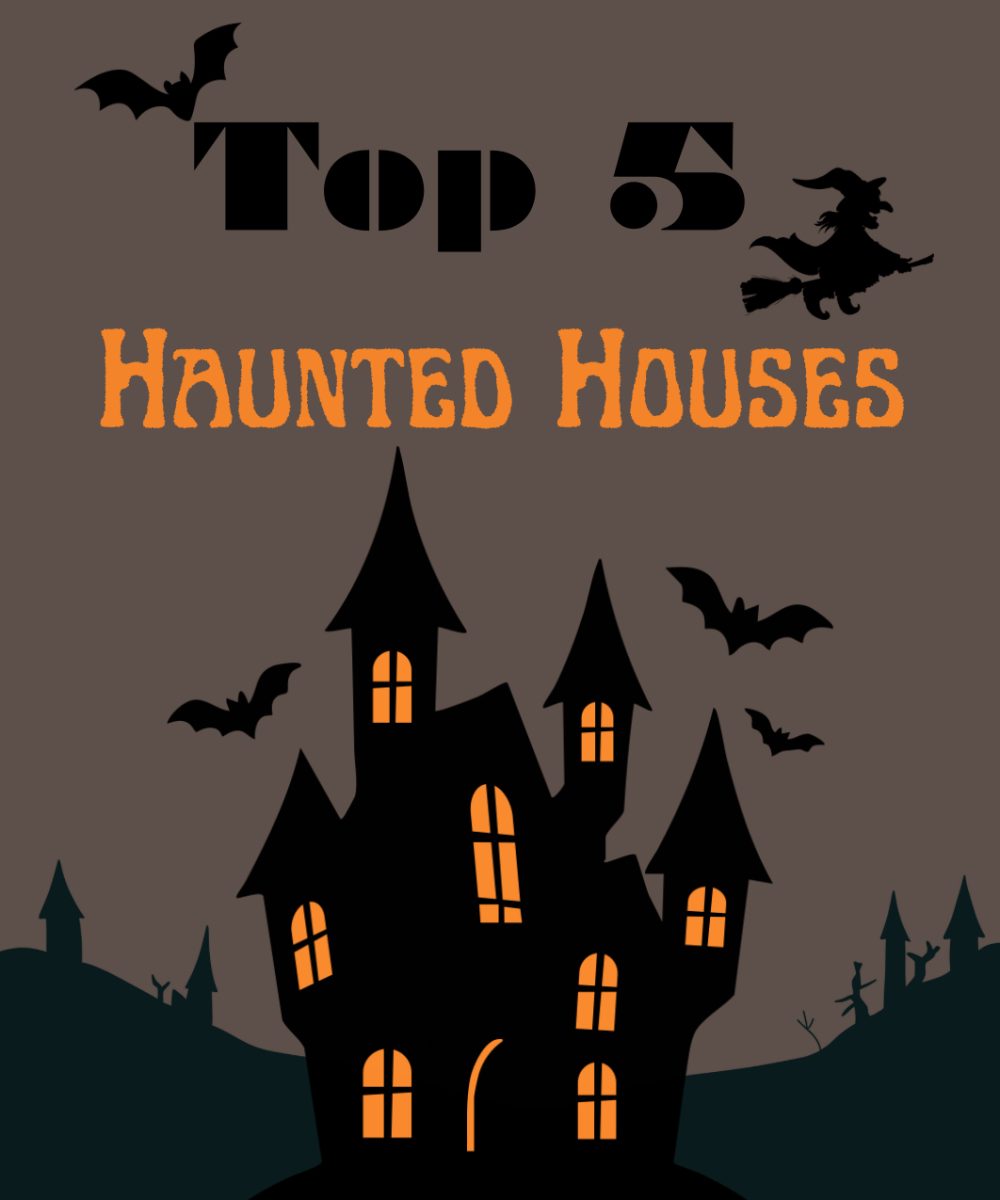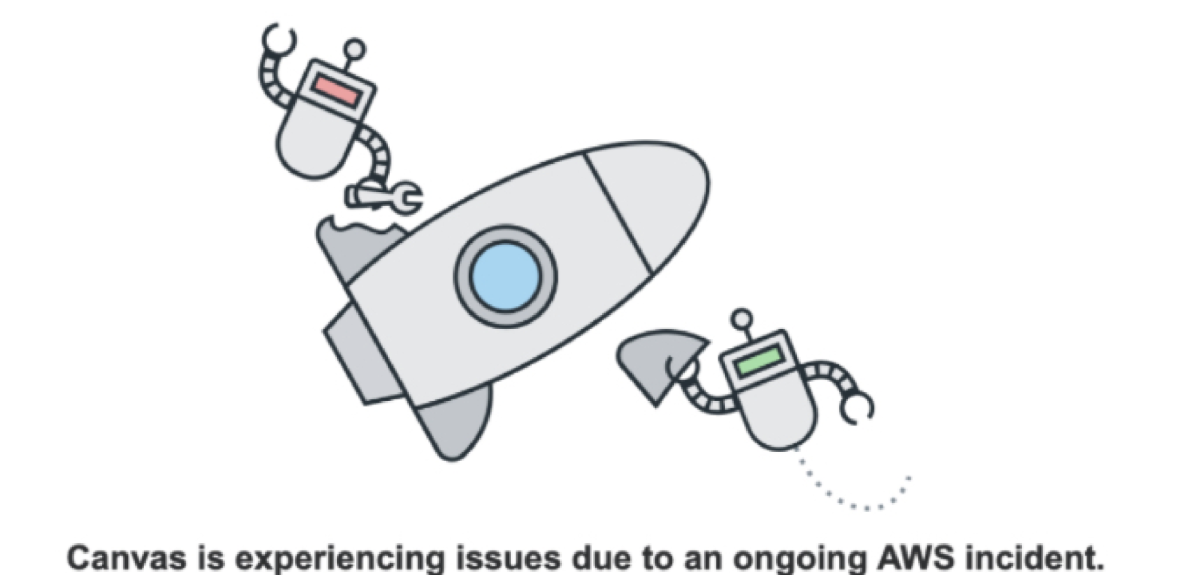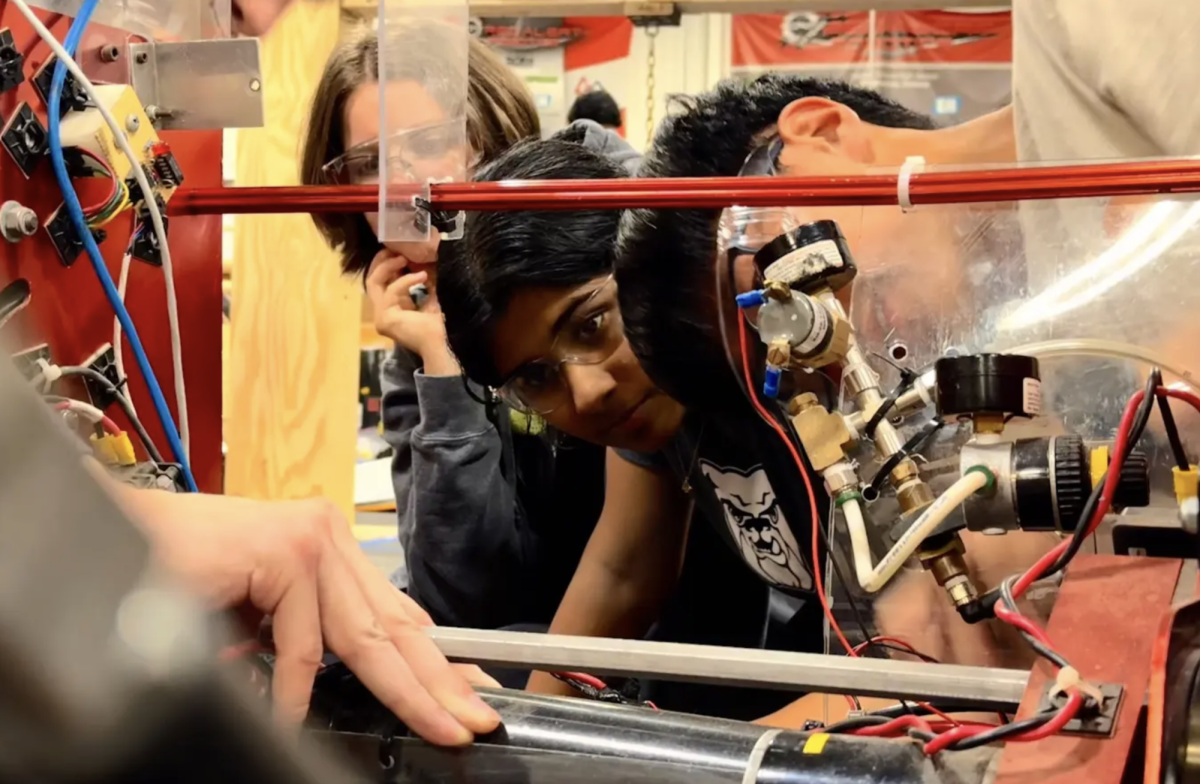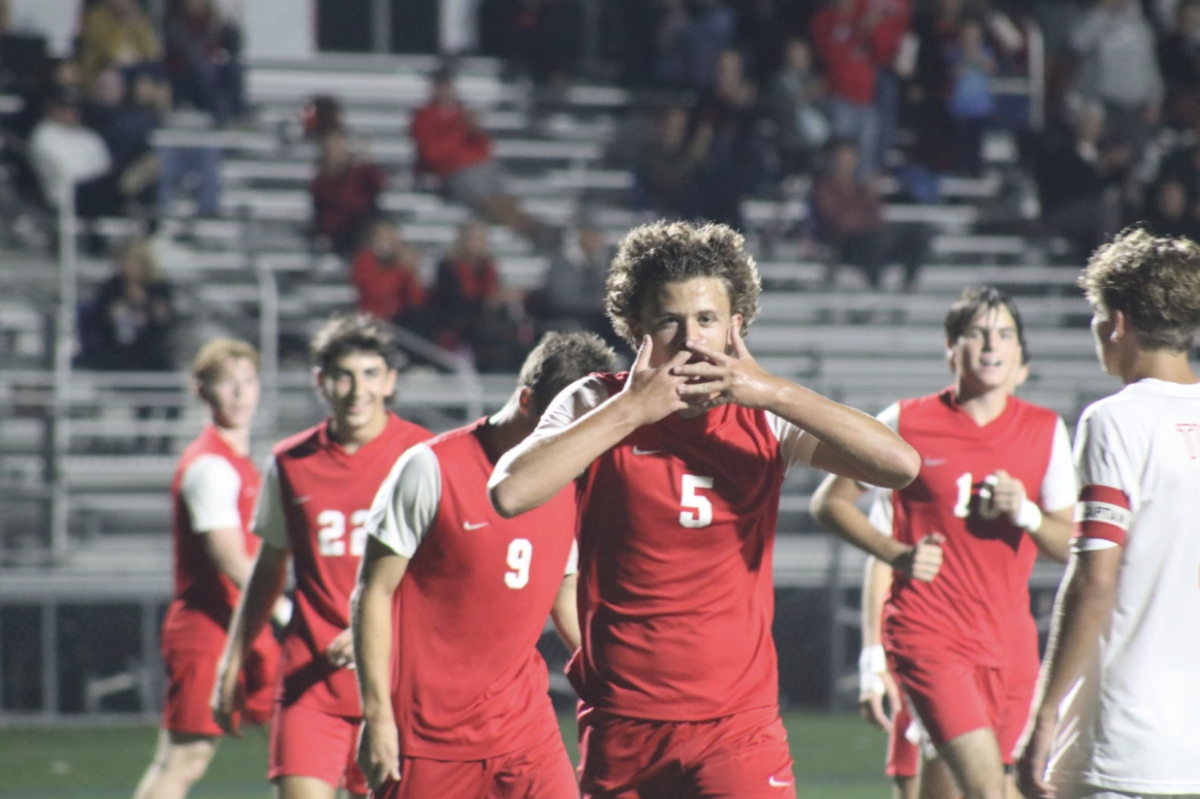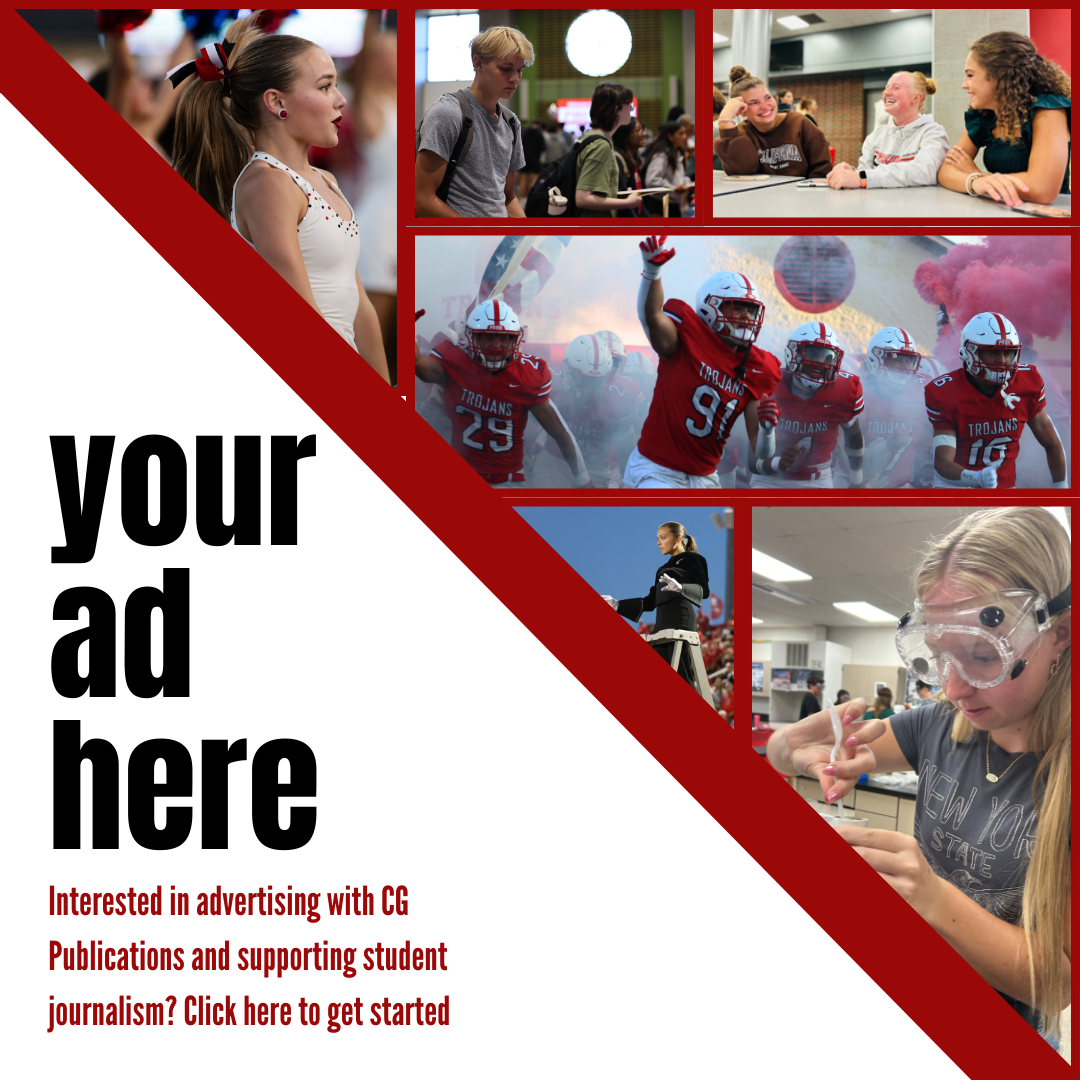Academic Super Bowl team looks to put practice into performance
Junior Isabella Dills and sophomore Lucas Plunkett attempt to answer a question during an English Academic Super Bowl practice.
April 17, 2023
In the year of 1492, Christopher Columbus dared the raging waters of the Atlantic — an arduous, two-month voyage – with the goal of finding a new route to the riches of South Asia. Little did he know, the Italian explorer would stumble upon a New World, which would become a canvas for new trading relationships, burgeoning empires, and tragic conflicts, even leading to the birth of a new nation that would come to dominate the history books. Also little did he know, his idea to sail westward for Asian spices would become the subject of study for the social studies section of the Academic Super Bowl team.
“We have great fun at practices, learning new things in our chosen disciplines, and all within the theme of the Age of Exploration,” Jonathan Rogers, teacher coach of the social studies team, said. “It is really cool to see the cross-curricular subject matter all come to life within that theme, and I think this year’s topic of Age of Exploration will be thrilling to learn more about in lots of different ways.”
Rogers will lead the Social Studies subject matter team. Joining him are the English and fine arts coach Joshua Surface, the science coach Amy Ho, and the math coach Heather Hart. Each discipline will be challenged both individually and competitively against other teams to master every aspect of their chosen subject.
“The competitive nature of academic competitions brings a great energy to the pursuit of learning,” Rogers said. “Students have a great time supporting each other in trying to learn more about their subject than students at other schools throughout Indiana.”
The math team’s area of expertise obviously differs from period-specific questioning, trading history books and primary sources for their calculators. The team will be challenged with questions from Algebra 2 all the way to Calculus. To get ready for such a broad range of topics, members must commit time and effort to the cause.
“We meet every Friday after school for an hour,” Hart said. “During practice, the students prepare presentations and refresh their teammates on topics and then practice those concepts together as a group. We will also do practice rounds implementing the time constraints and working together.
Senior Max Barton, a member of the science, social studies and interdisciplinary teams, has particular faith in the science team’s chances in competition this year.
“I have especially high hopes for our science team because last year we were missing several crucial members that I suspect will be present this year,” Barton said. “Many great players are a good omen for making it, I’d say.”
As their season begins, the teams will gather to hone their skills before the area competition, where they look to score high enough to qualify for the state competition, held at Purdue University in May. At the area competition last year, the subject matter teams performed very well, with the math, social studies and interdisciplinary teams finishing in second, and the math and social studies team, in particular, losing by a single point. The goal for this year is simple.
“I believe our teams can reload, commit to learning new things and perform very well at the area competition,” Rogers said. “Let’s try for some strong finishes and see if we can gain some state-qualifying subject matter teams.”
And with the number of returning players, a high placement is a real possibility. From the teams last year, Max Barton, Isabella Dills, Anubhav Majumdar, Jordan Steinkamp and Rupesh Vats will all be back on the roster once more. While the teams lost some senior captains, the amount of seasoned veterans will bring a much-needed level of familiarity to the game.
“This season, I really want to see one of my teams make it to state,” Barton said. “We’ve had teams do that in the past though I’ve never been on one of them, and last year, even our best teams fell short.”
For the game itself, while the points are scored in head-to-head competition, the skills necessary to be successful at this stage will be built in the practices before.
“An Academic Super Bowl competition is a lot like a trivia contest you might see with players seated at tables, conferencing about the answer they are going to go with,” Rogers said. “Questions are frequently multiple choice and are based upon knowledge gained through reading, computing and practicing.”
As for those preparations, acquiring the knowledge for a student’s chosen area of study is a hefty task within itself. For example, the English team will be challenged with reading and understanding a laundry list of literature, including the likes of Shakespeare’s “The Tempest” and Shelley’s “Ozymandias.”
Although the Academic Super Bowl season comes with challenges, its academic benefits will serve all of the team members well in their future.
“The students explore topics, literature and art they likely have yet to study,” Surface said. “With that comes new perspectives on the world which I always find benefit them in the long run.”
